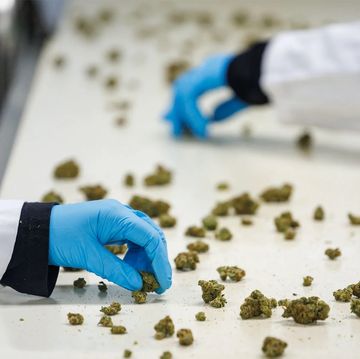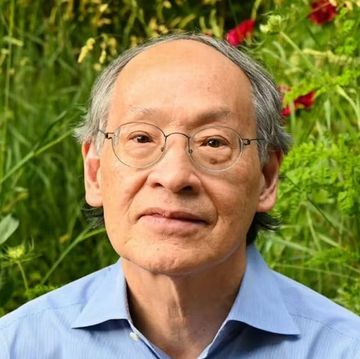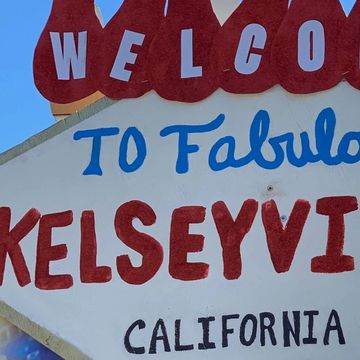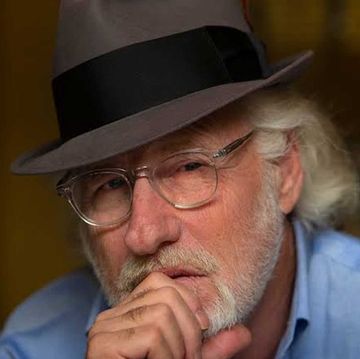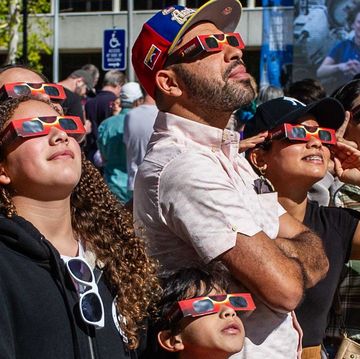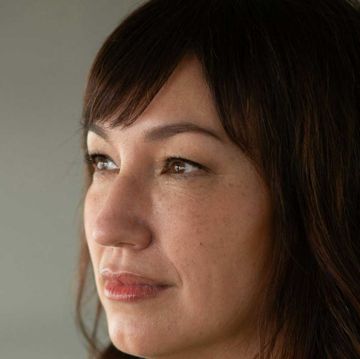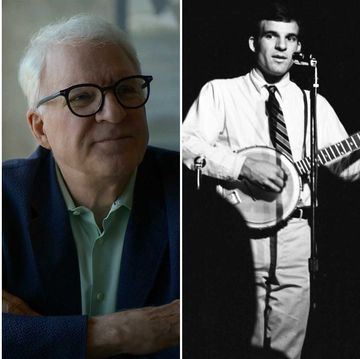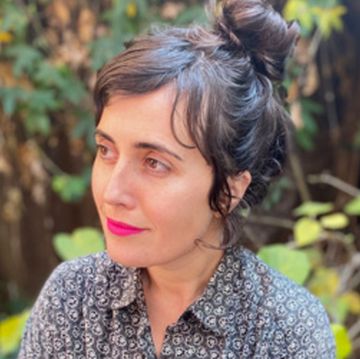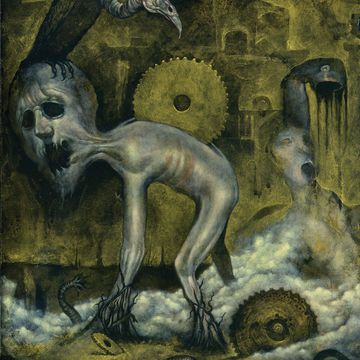MANHATTAN PROJECT NATIONAL HISTORICAL PARK, LOS ALAMOS, NEW MEXICO
 National Park Service
National Park ServiceThis park consists of three sites across the U.S.: Hanford, Washington (where plutonium was produced); Oak Ridge, Tennessee (where uranium was enriched); and Los Alamos, where Robert Oppenheimer and his team of scientists were based. Almost all the Los Alamos historic locations—the cabin where plutonium was researched, the building where physicist Louis Slotin suffered a fatal exposure to radiation, and others—are on restricted U.S. Department of Energy land and require a guided tour to visit. Unable to travel?
LEARN MORE
LITTLE BOY REPLICA, HISTORIC WENDOVER AIRFIELD, WENDOVER, UTAH
 Chase Stevens/Las Vegas Review-Journal
Chase Stevens/Las Vegas Review-JournalCompleted in 2004 by truck driver, author, and nuclear archaeologist John Coster-Mullen, the Little Boy on display at the airfield museum is an exact replica of the first atomic bomb used in warfare. Coster-Mullen spent more than a decade researching its dimensions, shapes, and materials. His model even includes the signatures of the B-29 crew that trained in Wendover and flew the bomb to Hiroshima.
LEARN MORE
HIROSHIMA PEACE MEMORIAL PARK, HIROSHIMA, JAPAN
 The Asahi Shimbun
The Asahi ShimbunThe 30-acre park offers visitors a place to mourn victims of the August 6, 1945, bombing and to learn about atomic warfare in order to prevent its recurrence. Notable structures include the Hiroshima Peace Memorial Museum, which features a panoramic photo of the city after it was bombed; the Hiroshima National Peace Memorial Hall, which documents the bombing victims by registering names, collecting photographs, recording eyewitness accounts, and preserving written remembrances; and the Genbaku Dome, which is the only remaining structure in the blast area.
LEARN MORE

Will Hearst is the editor and publisher of Alta Journal, which he founded in 2017. He is the board chair of Hearst, one of the nation’s largest diversified media and information companies. Hearst is a grandson of company founder William Randolph Hearst.
Advertisement - Continue Reading Below
Advertisement - Continue Reading Below
Advertisement - Continue Reading Below



